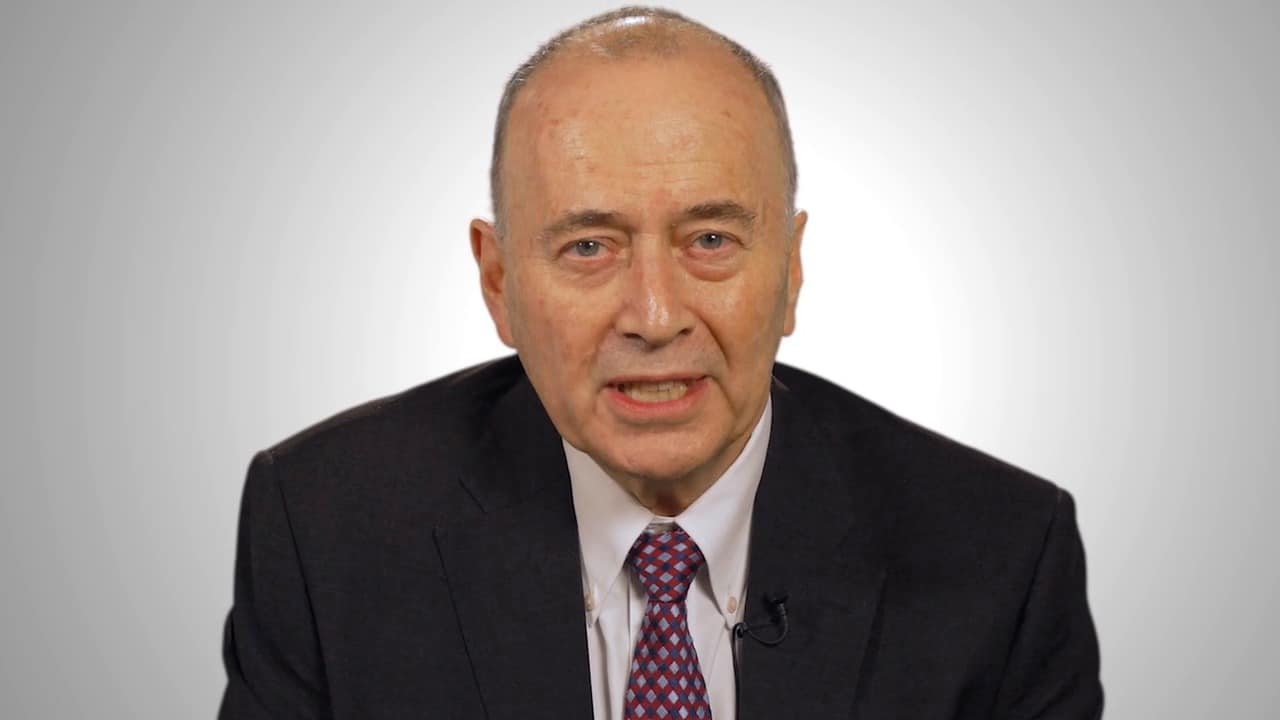ESG has enjoyed uninterrupted growth as a factor in the investment mix since its early days almost two decades ago. But this year it has been going through an identity crisis, dogged by doubts, with some commentaries suggesting that it could be in retreat. Some of these arguments are welcome as they point to the need for change as we adapt to its limitations and continue to develop.
However, dismissive and often oversimplistic talk about ESG implies a misunderstanding of what it stands for at best and, at worst, risks derailing the many industry efforts towards greater sustainability. Executing on sustainability impact is a primary industry goal and ESG activities are still the best route we have for achieving it, despite its limitations.
ESG limitations
As a very broad-based concept, ESG’s relevance and potential influence is likely to be forever contested. The versions described by various commentators vary widely and straddle both financial value and non-financial values and it is easy for ESG talk and thinking to be muddled and its outputs pigeonholed. It is also heavily embroiled in politicisation, witness its current place in the eye of a particularly challenging US political storm. It is also heavily engaged in regulation, with the SEC particularly active at present in promoting corporate reporting of climate risks and challenging industry overclaiming of ESG credentials.
Critics legitimately draw attention to all these issues and ESG advocates should be prepared to respond and mount a defence by thinking through these critiques, engaging to raise their game and adapting. This critical chatter has built up precisely because ESG has become so central and can no longer be ignored. Indeed, those that contest its value often do so from a concern that it will permanently divert attention, and business, from their version of the industry. So rather than criticising ESG in areas where it still has far to travel, more airtime should be given to refining its role and relevance for the coming era.
For a start, we must find a better way of labelling the conversation; position it within constructive and effective regulatory footprints; and connect it to real-world impact in which investing genuinely moves the needle on the environment and other key societal goals.
ESG RIP?
We start where others have, in suggesting that the term ESG may be coming to the end of its useful life. The simple concept we should foster is what does it mean to invest sustainably – achieving long-term success with inter-generational fairness built in. The three-letter moniker ESG does not represent this.
ESG of old worked on shareholder capitalism whereas investing sustainably is set to work with an increased weight on stakeholder capitalism, where fairness must be considered more widely and more inclusively alongside increased attention to the systemic risks, where these are rising especially in relation to climate change.
Investing sustainably reflects asset owners and asset managers justifying their license to operate – the social code of behaviours that governs them – and earning the trust of stakeholders by doing ‘the right thing’. This contrasts with ‘the right thing’ from a past era, which was centred on successful investment performance. This past version looks flimsy in the future era of mutual flourishing in which financial outcomes are balanced with environmental and social outcomes, and not just a dogfight for bragging rights on performance.
Here we confront a critical crunch. Moving beyond the impact of these ESG risks on the portfolio to consider the impact of the portfolio and the assets in it on the world. ESG of old only fought climate risk, whereas sustainable investing of the future means ESG must evolve to fight climate change if it is to maintain its relevance. This is certainly true for asset owners with net-zero pledges but is also relevant for others too that have broadened their organisational purpose.
Sustainability 2.0
What is needed is a step up of sustainability commitments by investment organisations. This is not to unwind what has gone before. The integrated ESG approach, with all its imperfections, has been a positive journey and those activities will continue to provide investors with return and risk benefits. These will gather strength as regulations reinforce the reporting transparency and discipline that are critical for this type of investing to be genuinely effective.
But integrating ESG is too simple a discipline for aligning investment strategies with sustainability realities, which requires making a real-world impact directly or via investee companies, so fighting climate change not just managing climate risk. To be effective ESG should effectively funnel together sustainability, impacts and longer time horizons in a significant step forward in our existing practices.
This step forward should come from a new mind-set, model and measurement framework, consistent with the theory and principles of universal ownership. The mindset shift is about seeing opportunities as if from the perspective of large asset owners whose portfolios own a slice of the world market. This involves seeing company externalities as portfolio-wide and system-wide risks and costs and seeing systemic risks as needing to be addressed because the returns required can only come from a sustainable system.
The model shift means employing the 3D investment model in which risk, return and real-world impact are integrated. In this model fiduciary duty is covered as there is no diminution of the primacy of financial outcomes because sustainability impact is instrumental to those ends. How will this extra dose of impact be delivered? Largely via strategies that emphasise active ownership and industry and public policy engagement, implying a considerable shift in resourcing.
The measurement shift will be witnessed by success being judged more broadly, rather than an obsessional focus on outperforming the benchmark. So, progress in this area will be presenting a balanced scorecard of hard and soft measures, inputs and outputs, data looking backwards as well as forwards and covering both financial performance and sustainability.
Stepping up
Stepping up will require significant change and will be hard because we have to give up some of the hiding places from where we have operated. This is a big ask and will require industry leadership from those organisations which have the culture and capabilities to put universal ownership theory into practice and start moving ESG into the real-world impact era. The beauty of the theory is that quite small numbers of organisations can create the trickle-down conditions for larger scale change.
At a time when all industries seem to be facing their ‘Tesla moment’, reimagining ESG may turn out to be our industry’s defining moment that mobilises us to do our best work ever.
Roger Urwin is co-founder of the Thinking Ahead Institute.



